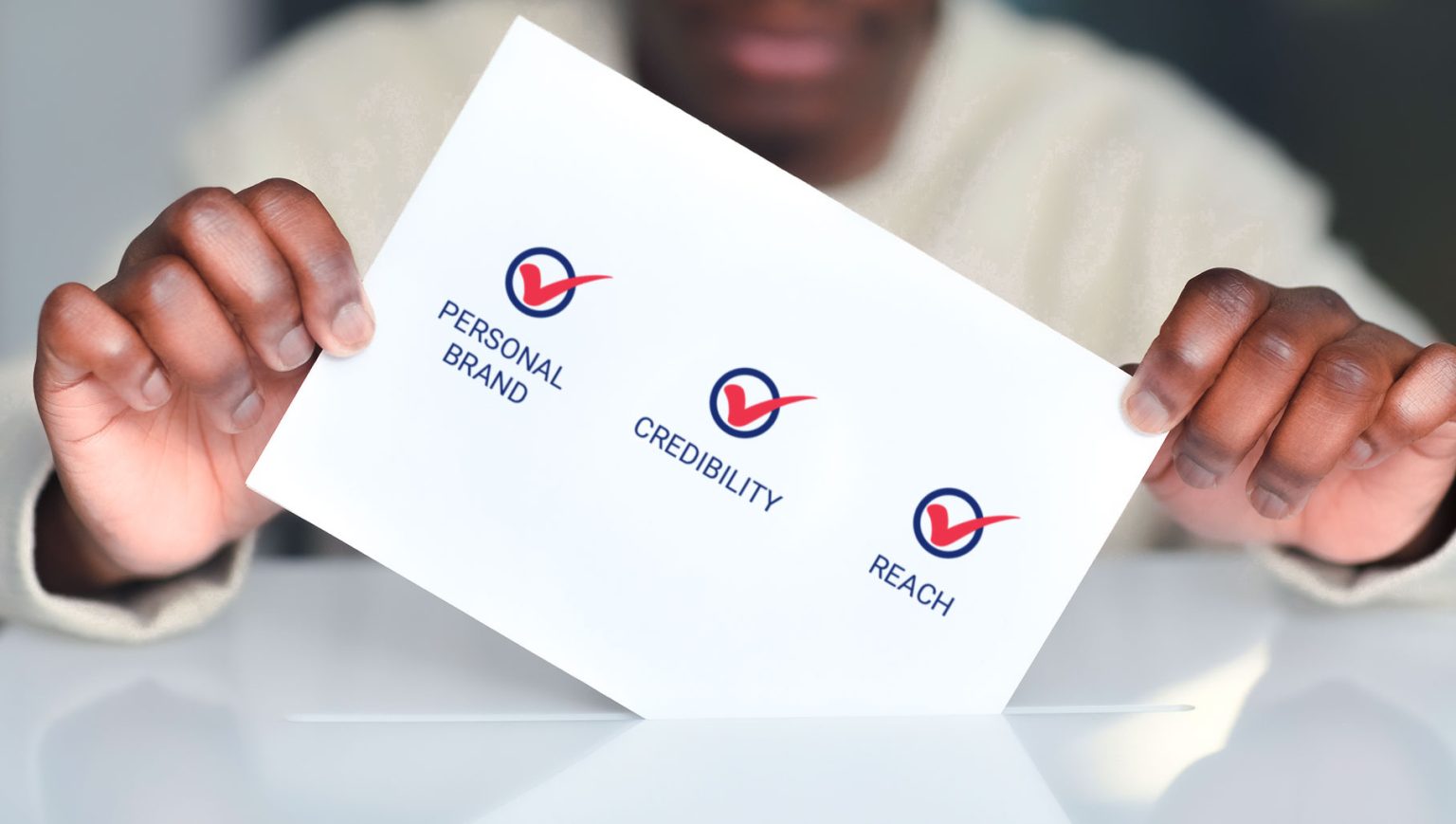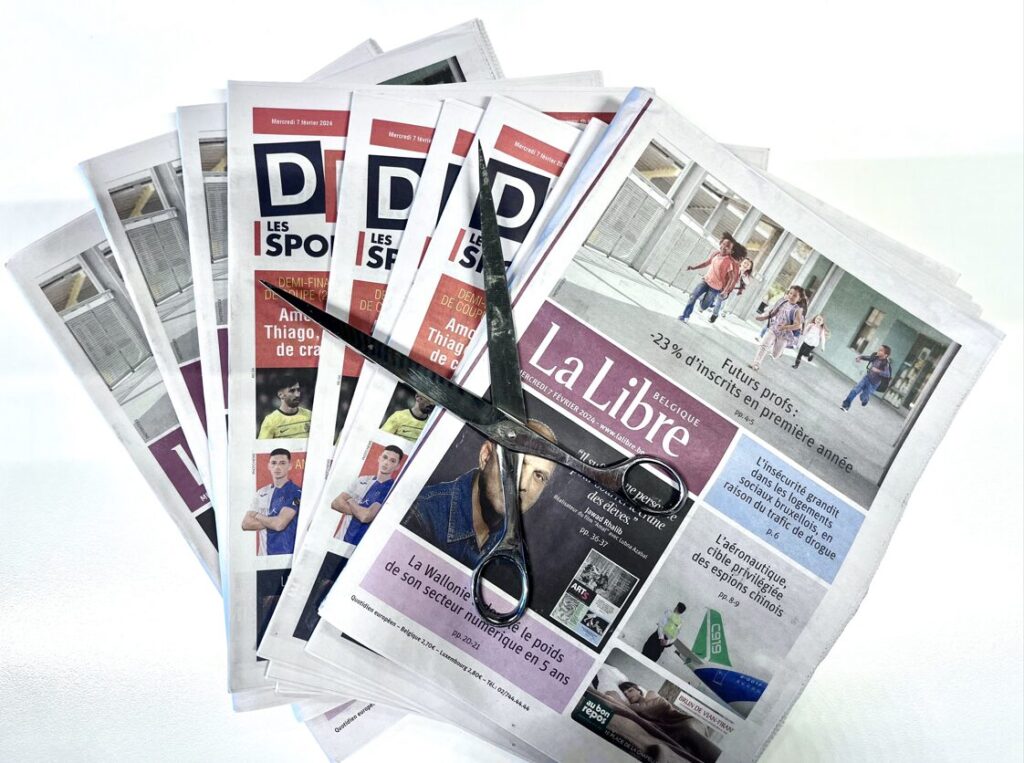Whether you like it or not, dear politician, you are a brand.
PR and Communication community C Square has a way of bringing together some of the sharpest minds in the business, and Exposure’s Reinout Van Zandycke is no exception. In his recent presentation “De keukengeheimen van de politieke marketing”, he revealed that not all politicians have fully understood how marketing works. Or if they have, not all of them act on it. Politicians, if you are reading, please take note.
The one-liner that most participants to Reinout’s exposé will remember goes like this: “Data is King, Budget is Queen, and she wears the pants”. Let us break this down for the politicians who are not familiar with the marketing world, or could use a reminder. In short, marketing means using media intelligence to change people’s behavior. For brands, the desired behavior is usually consumers buying their product or services, and/or convincing other consumers of their quality. For politicians, the desired behavior change is of course that constituents vote them into office, and possibly convince others to do so as well.
It is not a great leap for you, dear politician, to further explore the laws of marketing and use them to your advantage. To achieve the desired behavior in your audience, marketing one-on-one dictates that you should balance owned, earned and paid media. Roughly speaking, on your own channels, you tell people what you believe in, the values you stand for, and what you want to achieve when you are in office. You can use these channels to spread your message and engage with your audience. Basically, this is where you establish your personal brand.
Earned media consists of the channels or the voices you do not control. These are other people talking about you and what you represent. Positive responses, reposts of your message or articles in the press can be great for your credibility, but the only way you could even begin to have an impact on them is by delivering outstanding policy. If, for example, you are not in office yet, or yours are not the most covered policies in the media, how do you get the attention of people who do not know about you yet?
That is where paid media, or advertising, comes in. This is basically the way to expand your reach beyond your existing followers or supporters. In other words, if you spend the budget, you get more eyeballs on your message and your brand, and possibly a larger following.
To illustrate the power of media intelligence, dear politician, let us drop these four factoids.
- Twitter is often perceived as a space for political debate. Georges-Louis Bouchez is one example of an avid Tweep. However, the political Twitter bubble is relatively small: only about 20,000 Belgian users actively tweet about politics.
- In the top 100 most engaging posts by politicians on social media in Belgium, 94 are from Flemish politicians. The other 6 are from PVDA/PTB’s Raoul Hedebouw.
- Looking at budget spent on political advertising on social media, Vlaams Belang and N-VA take the lead by far.
- In one day, Vlaams Belang’s Tom Van Grieken generated as much engagement as CD&V did in an entire year, posting 23 movies on his own Facebook channel during a walking event.
Whether you like it or not, dear politician, you are a brand. Media intelligence is what empowers your brand, and only the strong ones survive election day!











